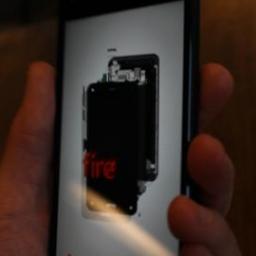Exploiting bug in Supermicro hardware is as easy as connecting to port 49152.
 If you're running a server on Supermicro hardware, you're operating with your pants down. That's the conclusion by security firms who warn exploiting bug in Supermicro hardware is as easy as connecting to port 49152. There are very likely at least 32,000 servers broadcast admin passwords.
If you're running a server on Supermicro hardware, you're operating with your pants down. That's the conclusion by security firms who warn exploiting bug in Supermicro hardware is as easy as connecting to port 49152. There are very likely at least 32,000 servers broadcast admin passwords.Over at CARI.net security researchers explain:
On 11/7/2013, after reading a couple articles on the problems in IPMI by Rapid7's HD Moore (linked at the end), I discovered that Supermicro had created the password file PSBlock in plain text and left it open to the world on port 49152.Read more here.
If you take a look at the /nv directory, you will find the file IPMIdevicedesc.xml file; a file which was already known to be downloaded via the aforementioned port. You can quite literally download the BMC password file from any UPnP enabled Supermicro motherboard running IPMI on a public interface (reference link at the bottom of this article). This is not the only file that is vulnerable to this.